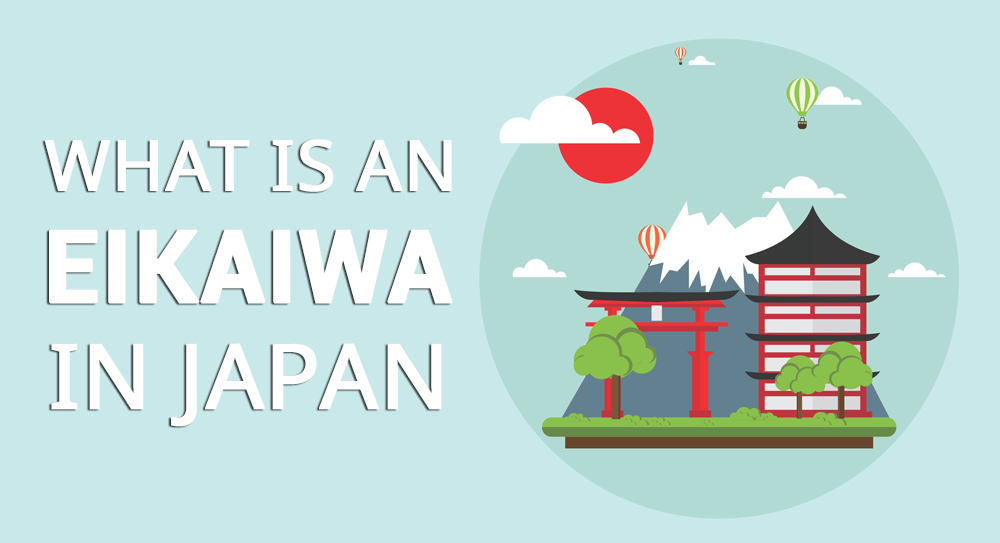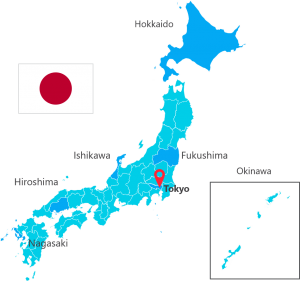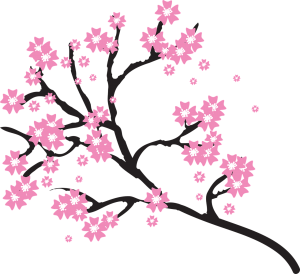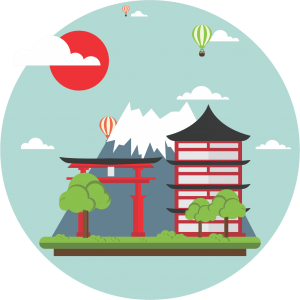What Is an Eikaiwa?

An Eikaiwa is a specialized English Language school in Japan. If Japanese students want to improve their English skills, they go to an Eikaiwa.
Eikaiwa schools hire Japanese and foreign teachers to deliver the best overall experience for Japanese students.
This way, they can interact with Japanese teachers for instructional knowledge in the English language.
If Japanese students want to build their language skills, they can hold English conversational classes with a native speaker. Students range in age from 5 to 90 years old with different skill levels.
What are examples of Eikaiwa in Japan?
Some of the largest Eikaiwa recruit foreign teachers year-round. You can apply with the schools below and get hired

The hiring process for Eikaiwa is not as rigorous as the JET Programme. Although it’s easier and faster to get a job in an Eikaiwa, it takes time to get a work visa and start teaching.
One of the best parts about working for an Eikaiwa is that you can work in larger cities like Tokyo, Yokohama, and Osaka. Unlike the JET Programme, you can decide which city you want placement in.
READ MORE: How to Teach English in Japan with JET Programme or Eikaiwa [Infographic]
What are the work conditions like in an Eikaiwa?

As a foreign Eikaiwa teacher, you often help put a face to the school. You will indeed assist in promotional activities such as handing out flyers.
As an Eikaiwa teacher, co-workers will invite you to join in extra-curricular work activities with students such as dinners and cherry-blossom viewing.
Work hours are often long and not your typical 9-5 schedule. Instead, you’ll likely work evening and weekend hours to accommodate students’ school hours.
I’ve seen before that you have unique opportunities to meet individuals who are willing to pay a premium for extra classes. On rare occasions, you have opportunities to meet pop stars, successful business owners, and celebrities. It’s not a rumor and it’s entirely true.
What qualifications do you need to work in an Eikaiwa?
To get a work visa in Japan, you need to have a Bachelor’s Degree. Teaching experience is not necessary but it does help.
Because students pay a lot for English lessons, TEFL certification should be the bare minimum teaching qualification you should have.
When you sign up for a TEFL course, you should try to pick one that gives you classroom observation and teaching experience.
We recommend the following TEFL certification courses:
What Is an Eikaiwa?

Japanese culture is an interesting mix of modern and traditional beliefs. This combination makes it one of the most fascinating countries in the world. It’s also one of the most sought-after countries for TEFL teachers.
It’s well-organized, safe, and has a lot of opportunities to advance if you can speak the language. It’s to your benefit to speak the language as a lot of Japanese are too introverted to speak in English.
I’ve spent three years of my life in Japan. I return every year. It was the best decision in my life to teach in the JET Programme.
But an Eikaiwa is just as rewarding. The best part is that you sit in the driver’s seat for your teaching placement. This is something you could never get from the JET Programme.

Hello and thank you for this information. I am an Alumni from the University of Alberta. I have a Bachelor of Arts Degree and I have a background in Education, as well. I am from Alberta, Canada. I am interested in teaching overseas for 1-2 years and I am researching teaching in Japan. Please let me know your views of teaching and if housing (room and board) is provided and if there are supports for International Teachers. Thank you for your response and this website you created.
You definitely have the right qualifications to teach in Japan.
I taught for 3 years in Japan on the JET Programme. But I taught in South Korea for a little over a year in a hagwon. This is similar to an eikaiwa so I can give you my experience on that.
If you have the time, I highly recommend that you apply for the JET Programme. There are so many positives about it in comparison to an eikaiwa. Typically, you work in the public school system, get higher pay, subsidized rent (I paid 10,000 yen which is about 100$ Canadian), orientation sessions (once at the start, and once during the year). This may have changed though. The other major benefit as a Canadian is paying taxes. Basically, you can be exempt from Canadian income tax for income earned under the JET Programme. That’s why (if you have the patience) to at least give JET a try. The only bad thing I hear is that they are accepting less people now, so it might harder to get in.
I recommend Japan over South Korea. That’s all that I can really compare with. An eikaiwa is really not a bad second option. I actually applied for Interac and was accepted… But I decided to wait for the JET programme.
Other options are Nova, Aeon, Berlitz, Gaba, ECC. I think Nova might’ve gone bankrupt or Aeon and can’t remember. Now, I didn’t teach in any of these, but my friends did. And a lot of them still enjoyed the experience. I think some of them found side tutoring jobs to make up for the lower pay.
As for the experience, I wouldn’t trade it for anything in the world. It was the best decision I’ve ever made. The friends I made (Japanese and international)… The cultural experiences… The travel that I did inside and outside Japan…
Don’t listen to people saying that it’s a waste of 3 years because you can’t get a job coming back to Canada. That’s not true at all. These are transferable skills. I work in a professional office setting now and my co-workers love listening to my stories about Japan.
Please let me know if there’s any other questions. I’d be happy to answer them.